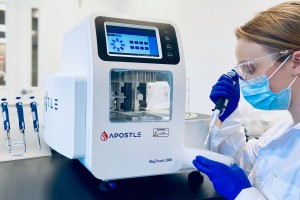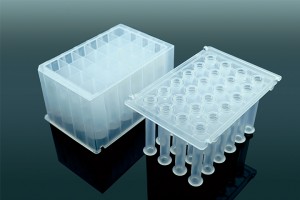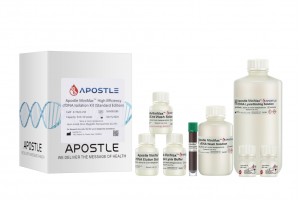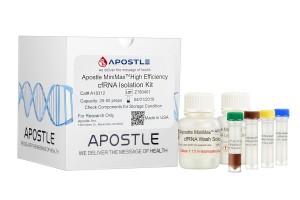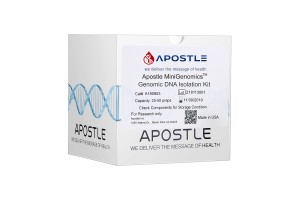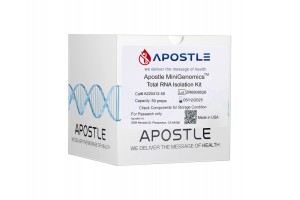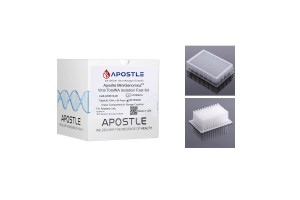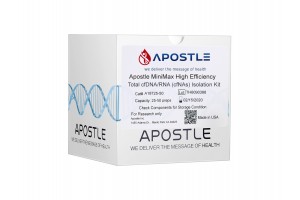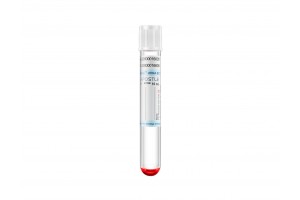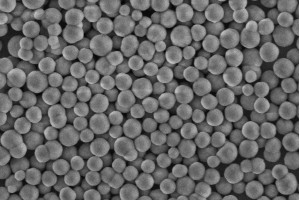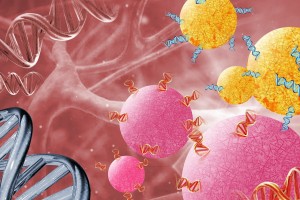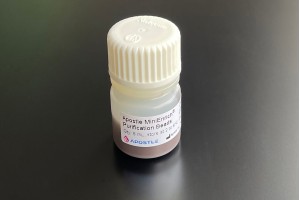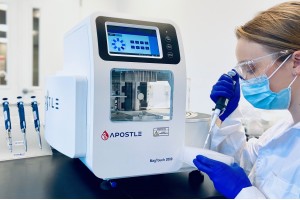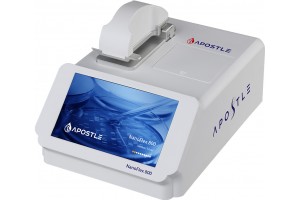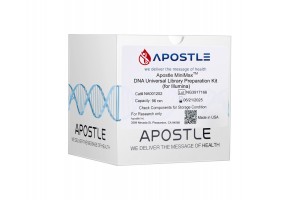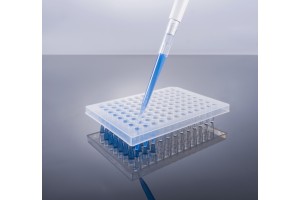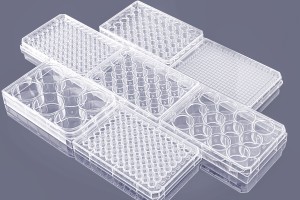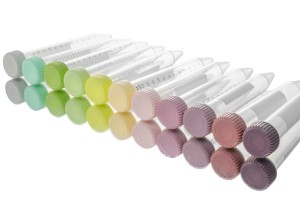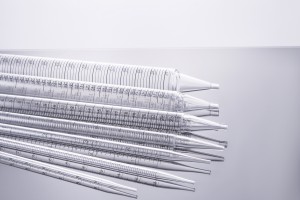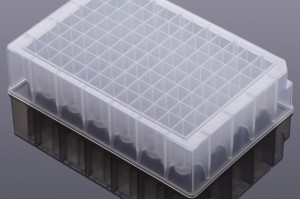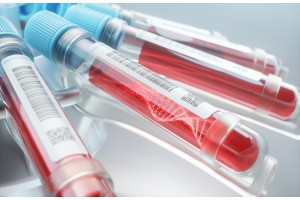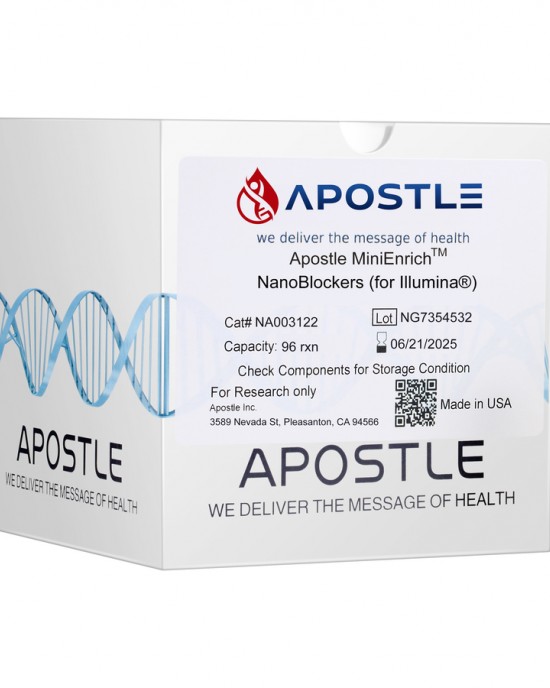
Introduction
Apostle MiniEnrich NanoBlockers are optimized blockers for MGI/Illumina platforms based on Apostle MiniEnrich Hybrid Capture System. The Apostle MiniEnrich NanoBlockers facilitates better binding of the library's adapter sequences to the sequencing platform. This reduces non-specific binding between adapters, resulting in improved on-target rates and increased data utilization. Apostle MiniEnrich NanoBlockers can be used to block the adapters with 6-10 nt index in the library.
Feature
o Precise detection of large-scale CpG sites: Simultaneously assessment of multiple genes' CpG sites associated with various cancers, achieving precise comprehensive joint testing
o Accurate quantification of methylation levels: High-precision coverage for accurate quantification of different methylation states ranging from 0 to 100% in various samples
o Fast and convenient operation: Simplified experimental procedures, and user-friendly operations, completing the entire process within same day
o Highly efficient and stable: Avoid inconsistent amount of raw data, ensuring stability in capture sequencing results, thereby reducing the risk of rework
o Cost-effective sequencing: Utilize a mixed hybrid mode to reduce the quantity of hybrid reaction, lower sequencing costs and enhance cost-effectiveness
Information
Cat # | NA003122 |
Capacity | 96 rxn |
Performance | Check information page |
Protocol |


